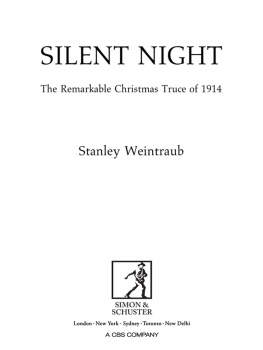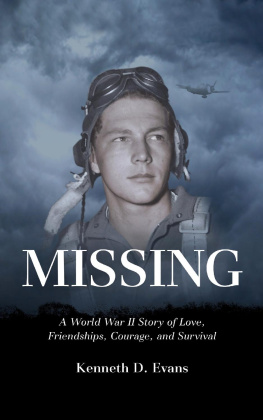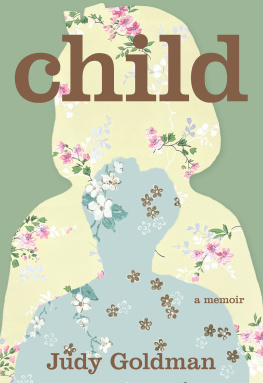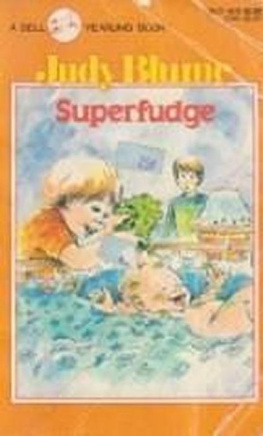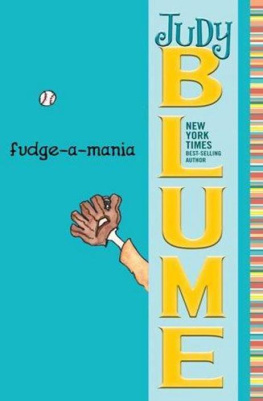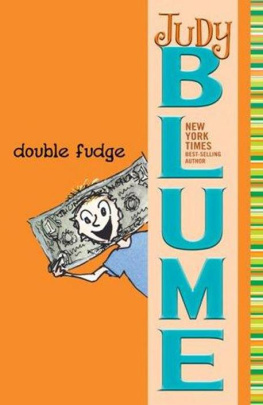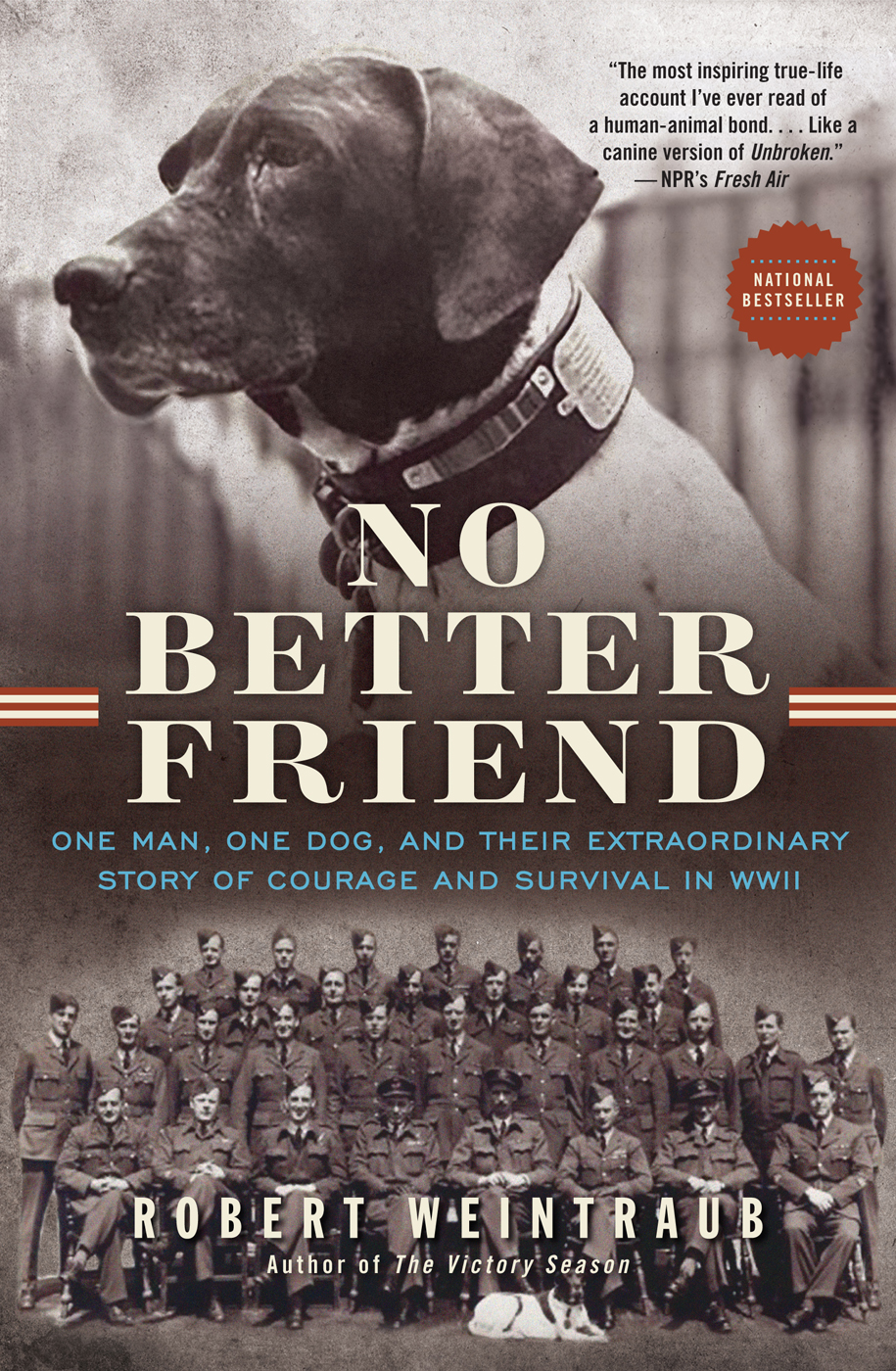Thank you for buying this ebook, published by HachetteDigital.
To receive special offers, bonus content, and news about ourlatest ebooks and apps, sign up for our newsletters.
Copyright 2015 by Robert Weintraub
Cover design by Wendy Lai
Author photograph by Liz Stubbs
Cover copyright 2016 by Hachette Book Group, Inc.
Hachette Book Group supports the right to free expression and the value of copyright. The purpose of copyright is to encourage writers and artists to produce the creative works that enrich our culture.
The scanning, uploading, and distribution of this book without permission is a theft of the authors intellectual property. If you would like permission to use material from the book (other than for review purposes), please contact permissions@hbgusa.com. Thank you for your support of the authors rights.
Little, Brown and Company
Hachette Book Group
1290 Avenue of the Americas, New York, NY 10104
littlebrown.com
twitter.com/littlebrown
facebook.com/littlebrownandcompany
First ebook edition: May 2015
Little, Brown and Company is a division of Hachette Book Group, Inc. The Little, Brown name and logo are trademarks of Hachette Book Group, Inc.
The Hachette Speakers Bureau provides a wide range of authors for speaking events. To find out more, go to hachettespeakersbureau.com or call (866) 376-6591.
The publisher is not responsible for websites (or their content) that are not owned by the publisher.
Maps by David Lambert
ISBN 978-0-316-33712-0
E3-20160510-JV-PC
Weintraub combines a gritty war story with a warm dog storyreaders who like both will think they have gone to heaven. Where he truly excels, though, is in finding the human dramas, some painful and some inspiring, that figured in Judys saga.
Kate Tuttle, Boston Globe
The most inspiring true-life account Ive ever read of a human-animal bond. I know this summary makes No Better Friend sound like a canine version of Unbroken. And as a dog lover, I say what could be better than that?
Maureen Corrigan, National Public Radios Fresh Air
This is the best dog book since the ber-bestselling Marley & Me. But this is no fluffy little dog story. This is a book that will appeal to history buffseven those who dont love dogs.
Linda Wilson Fuoco, Pittsburgh Post-Gazette
No Better Friend personifies the relationship we all aspire to have with our dogs, and takes us on a harrowing journey to a place and time lost in the history books. A must-read for every dog or animal lover.
Robin Hutton, author of Sgt. Reckless: Americas War Horse
We may have a bestseller on our hands with this carefully reported saga. The narrative of their survival thoroughly won over both readers who ordinarily shun animal stories and those who generally prefer to avoid reading books about war.
Elles Lettres Readers Prize
In his new book, masterful storyteller Robert Weintraub delivers a spellbinding narrative that reclaims the lost history of two most unlikely heroes: a dog named Judy and fellow soldier Frank. Not only a testament to animal intelligence, and a much overdue account of canine sacrifice and service, No Better Friend is also an unforgettable read. Soaring and gracefullike Hillenbrands Unbroken and SeabiscuitWeintraubs latest is the stuff of which Hollywood blockbusters are built.
Mim Eichler Rivas, author of Beautiful Jim Key: The Lost History of a Horse and a Man Who Changed the World
From Shanghai and the Yangtze River to the prison camps of Sumatra, the indomitable English pointer Judy proves to be not only a survivor but an inspiration to those who knew her during the ravages of the war in the Pacific. Robert Weintraub provides a meticulous chronicle of the strength and will to survive of both man and dog.
Lisa Rogak, author of Angry Optimist and The Dogs of War
Robert Weintraub captures the beauty and power of friendship and loyalty between man and animal in this captivating narrative. Wed all be lucky to have a dog like Judy by our sides in our darkest times.
Cate Lineberry, author of The Secret Rescue
By turns harrowing and heartwarming.
William Hageman, Chicago Tribune
An unusual and moving story of a singular hero among fellow POWs of the Japanese during World War II: a loyal English pointer named Judy. With bite and substance, Slate columnist Weintraub chronicles Judys incredible life. Weintraubs research on the prisoners experiences in the camps is remarkable as he narrates Judy and Franks heroic tale.
Kirkus Reviews
Exceptionally well researched and engaging. No Better Friend is an inspiring story, and one that both dog lovers and history buffs will embrace.
Deborah Hopkinson, BookPage
The Victory Season
The House That Ruth Built
For my family, in particular my mother, the first (and still foremost) Judy in my life
Courage is not having the strength to go on; it is going on when you dont have the strength.
Theodore Roosevelt
Multiple place-names are referred to or spelled the way they were during World War II, and have changed since. This is the case for some large places on the maps, such as Siam (now Thailand), as well as several small ones, such as the cities, towns, and villages in Sumatra, most of which are spelled slightly differently today.
T he two friends huddled close together, each of them the others saving grace in a world gone to hell.
It was June 26, 1944. The friends were prisoners of war, having been held by the Japanese on the remote, mostly forgotten island of Sumatra since early 1942. They were now crammed into the hold of a ship, the SS Van Waerwijck, that the Japanese were using to transport POWs from one camp to another. The hold was several feet below the surface of the South China Sea, and the men crushed together on the floor were desperately trying to breathe in the fetid air. The temperature hovered near one hundred degrees. The pair of buddies had managed to gain purchase on a ledge near a porthole, which provided a hint of relief from the airless void below. But the slow crawl along the Sumatran coast elongated the amount of time they spent in the punishing heat.
Both were painfully thin, suffering from malnourishment throughout their two years of captivity. They had been reduced to eating rats and snakes to stay alive. Diseases like malaria and beriberi stalked them every day. They suffered frequent beatings and threats of death. They were sent on brutally hard, often pointless work details and endured the kinds of situations that caused horrible feelings of depression, abandonment, and apathy in even the strongest-minded of prisoners.


